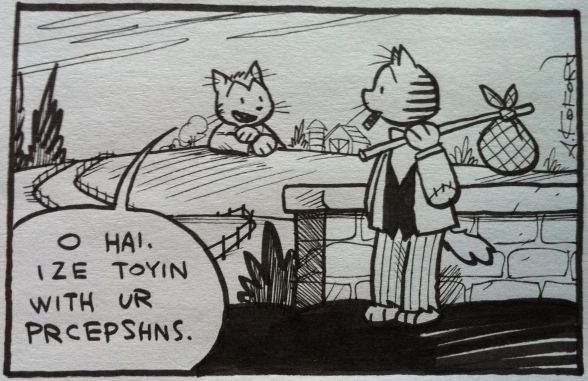Ultimate Fitness: The Quest for Truth about Exercise and Health, Kolata. Non-fiction. Kolata recounts several personal experiences in a multi-decade journey of discovery that leads her to the conclusion that we don’t know a whole lot about what kinds of exercise are good. (Disclaimer: my book club source indicated that I could extract everything I needed from chapters four and ten, so when chapter two ground to a halt for me, I took the out, though I did also read the epilogue) The bottom line seems to be that doing any exercise for a half hour (cumulative) a day several times a week generates the largest payoff (i.e., the difference between not exercising at all and moderate exercise is greater than the difference between moderate exercise and more (dare I say) extreme measures). As the child of a long-time runner, I am not at all surprised by her observation (though I don’t believe she puts it in quite these terms) that those who exercise heavily and frequently are addicted to the physiological response. I also found echoes of Michael Pollan: Pollan says to avoid any food whose labels include health claims; Kolata tells us that the only thing that matters for weight loss is calories in vs calories out, and anyone who says differently is selling something (though this doesn’t prevent her from being a devoted Spinning® enthusiast).
Several myths are punctured in the course of the book (even in the course of the few chapters I read), but I’d hate to think anybody will be too surprised to find that the benefits of exercise programs are supported by shaky or absent research, or that becoming a certified instructor takes nothing but money.
Finally, there’s a thing that irritated me, but I’ll spare the casual reader by putting it on the other side of a jump.
In the first chapter, Kolata recounts receiving a press release about a crazier than usual exercise notion. Eventually, she looks to see if anybody else has written about this:
Publicists who are trying to get reporters to write about their clients usually succeed in getting something published, I’ve found. So I do a quick search…. Sure enough, I find it, a story put out by Business Wire….
Thing is, Business Wire doesn’t put out stories as the phrase is commonly understood; they publish press releases. So the “story” that she goes on to discuss is very likely the same press release she received from the publicist. I’d like very much to think that a veteran science reporter for the New York Times knows what Business Wire is and does, so I can only imagine that she’s hoping the reader does not know. I can see that it would have been a little clumsy to explain what BW is, but her pretense that a reporter wrote the text she goes on to quote from damaged her credibility with me.
